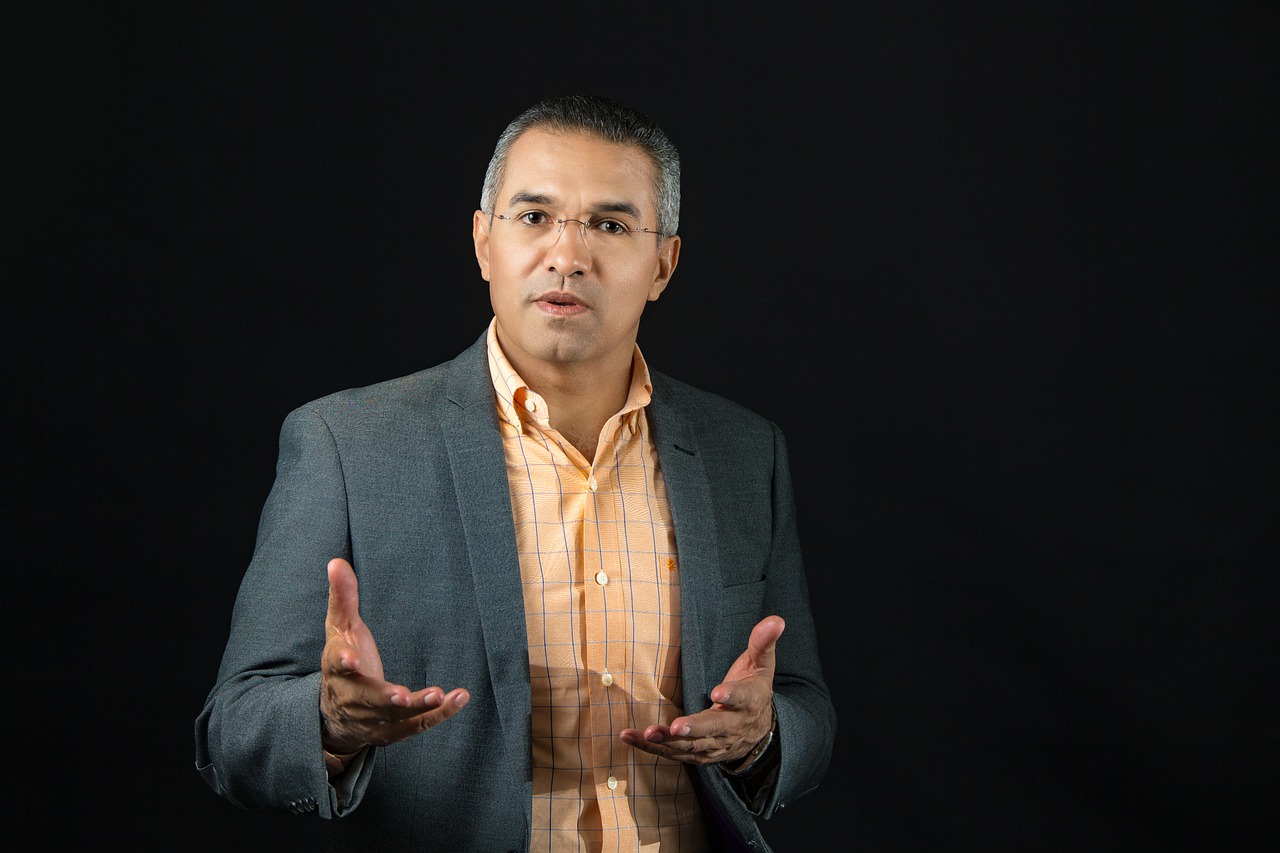Law Professors Overwhelmingly Liberal, Reject Originalism; Seemingly Have A Disproportional Impact on Legislation and Policy
Majority Of Law Professors Self Identify As Liberal
WASHINGTON, D.C. (August 11, 2022) – A new survey shows that over 80% of law professors at the most highly rated and most influential law schools self identify as “liberal” (including 22% as “very liberal”), as compared with 12% “middle of the road,” and only 7% as “conservative.”
Q2 2022 hedge fund letters, conferences and more
Those at the other 30 law schools not in the top 20 are close behind, with 72% liberal, 14% middle of the road, 12% conservative.
This new survey, which tends to validate the similar conclusions of earlier studies, is particularly important and telling because it was produced by scholars who are themselves on the left, notes public interest law professor John Banzhaf. Thus the results cannot be dismissed or belittled as simply complaints or propaganda by conservatives, he says.
Another important finding is that a large majority of law professors at top schools reject the legal doctrine of originalism - i.e., interpreting the text of the Constitution based upon its meaning "at the times it was adopted" as opposed to interpreting it in the light of current times and political identities - since only 17% "accept" or even "lean towards" originalism, while over 75% "reject" or "lean against it,"
This is especially significant because originalism is increasingly playing a role in important decisions by the new conservative Supreme Court, with many of the current justices citing or apparently utilizing it, in whole or in part, in recent ground-breaking decisions.
Impact On The Future Philosophies
The views and philosophies of professors at top law schools are important, suggests Banzhaf, because they are bound to have an impact on the views and philosophies of a significant majority of legislators, agency bureaucrats, and most importantly the judges and justices who will be deciding many important questions both now and in the future.
Indeed, many philosophies which initially flourished only in the ratified air of academia have now become generally accepted, or at least are having an important impact on all of society. An example of the former is the academic argument that sexual harassment constitutes illegal sex discrimination which is now the law of the land.
An example of the second is critical race theory [CRT]; originally a highly theoretical academic argument, originated at top law schools, about the major role race (if not racial discrimination) allegedly plays in many legal and law-related areas - including the way laws are passed and administered - which has now spread to many other areas, including even public schools, notes Banzhaf.
This is especially astonishing because the theory has apparently never been empirically validated, suggests Banzhaf, who relies on the famous statement by Justice Holmes that "the law" is nothing more than “the prophecies of what the courts will do in fact.”
In other words, it is not clear that those who have studied and rely upon CRT are better able to predict what courts will do in future cases, he explains.












